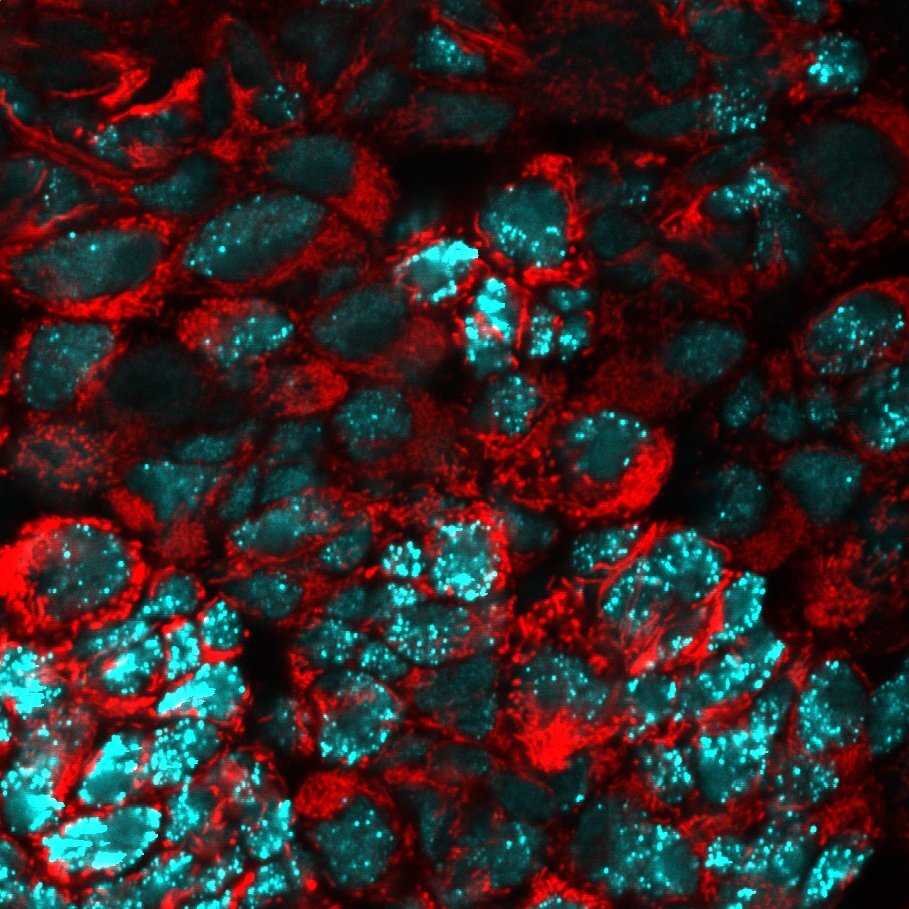What causes tumor cells to die?
@RoyanGene
Cancer is the second leading cause of death worldwide, and the statistics presented in 2018 indicated that approximately 9.6 million people died due to cancer. The way cancer occurs is very complex and is under the control of various factors. Among these factors is the existence of cancer stem cells all over the world.
According to medicalxpress, mature stem cells exist in all organs and play a role in replacing dead and damaged cells. The precise regulation of these cells and the mechanisms involved in maintaining the radicality of these cells have always been of interest to researchers.
One of the key stages of mechanical tumorigenesis is the initiation of tumor cells that initiate their cancerous fate. These cells are usually studied at the level of gene regulation and through research on MYC, p53 or KRAS tumor suppressor genes. Metabolic changes in tumor cells are one of the reasons for cancer, but the reason for the immortality of these tumor cells is not known.
In the studies conducted on the Drosophila melanogaster model, the researchers observed a specific and precise time in which tumor initiating cells become immortal and undergo genetic changes. They used Drosophila model tumor stem cells and deleted a tumor suppressor gene called Brat.
Using this model, the researchers investigated whether metabolism plays an active role in the immortalization of Brat tumor cells. The findings obtained from Drosophila were further applied to human cells. Brat tumors were found to be highly oxidative and their oxygen consumption rate was higher compared to normal brains.
This finding was very interesting because it is widely believed that tumors are highly glycolytic. Therefore, it seems that oxidative metabolism, in which the mitochondrial oxygen-dependent energy generation pathway is involved, plays a key role in the immortality of tumor cells. During the initiation of tumorigenesis, mitochondrial membranes fuse. This major change in mitochondrial morphology leads to an increase in the efficiency of oxidative phosphorylation, which is the reason for the increased levels of NAD+ and NADH in cancer that are commonly seen in cancer.
According to researchers, increased oxidative phosphorylation and increased NADH/NAD+ metabolism due to fusion of mitochondrial membranes is the main factor in the initiation of immortalization of tumor cells.
Access link to the article:
https://medicalxpress.com/news/2020-09-fusion-immortalization-tumor-cells.html
@RoyanGene
This post is written by Saeid_Mohebbi
